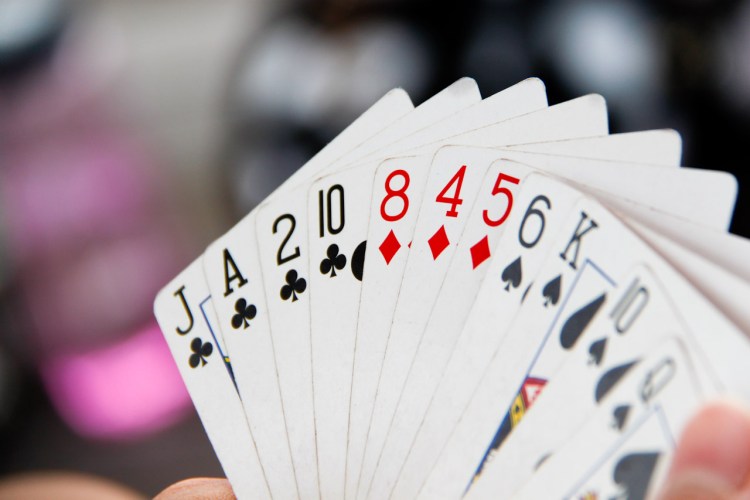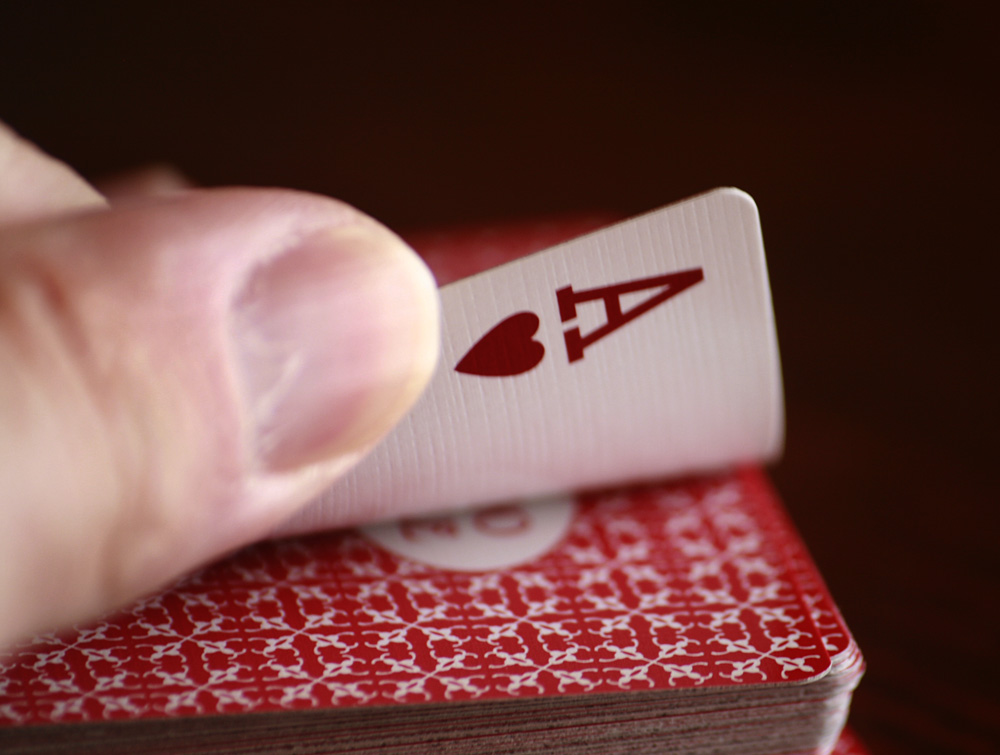Whether it’s bridge, bingo, or Call of Duty – following doctor’s orders while making the most of retirement.
Research Shows Gaming can Battle Alzheimer’s and Keep Your Brain Young

Research Shows Gaming can Battle Alzheimer’s and Keep Your Brain Young
After fifty years of 5am starts, the transition to a workless retirement can be a little jarring for even the best of us – after all, there’s a void to fill – but time spent in a cycle of expensive holidays and evenings in front of the TV can come with financial and emotional costs. Worse, it can even take its toll on the old grey matter.
The doctor’s mantra – “stay active in retirement” – is designed to prevent older people lapsing into hermit-like behaviour, letting their social circles collapse, and becoming one with the furniture. It’s easily done, especially if the boredom sets in straightaway, but it’s by far one of the most destructive things seniors can experience in later life.
Alzheimer’s
That’s where hobbies like bridge come in. In 2014, research from the Wisconsin Alzheimer’s Institute found that, of a group of 329 people aged around 60-years-old, those who regularly participated in card games, read books, or completed puzzles had larger brains and performed better in cognitive activities like memory games.
While, obviously, the above is not a guaranteed aegis against degenerative brain disorders, it’s not an isolated study. Closer to the present, a study published in medical journal, JAMA Neurology at the end of January, identified playing bridge as a potentially significant element in a 20-30% reduction in the incidence of Alzheimer’s.
Oddly enough, the latter study, which involved 2,000 Minnesotans aged between 70 and 93, singled out reading books as the only activity (out of computing, crafts, chess, bridge, cinema-going, and socialising) that had no positive effect on subjects’ mental acuity. The suggestion is, therefore, that anything that makes the cogs turn is a boon for the brain.

Bridge Club
So, what’s the best way to combine mind-expanding activities with social opportunities? The obvious candidate is a bridge or chess club, examples of which are present in towns and cities throughout the UK, including Leeds, Sheffield, and Doncaster in the North, Cambridge, Peterborough, and Wimbledon in the South.
However, a pastime like bingo can provide many of the same opportunities as bridge for seniors who have little experience (or affection for) card games. Bingo, playable both offline and online with a brand like mFortune, is almost unique among hobbies for retaining all of its social elements even after making the transition to a mobile app or website.
For example, mFortune hosts chatrooms that attract up to 70% of the site’s bingo audience, while the presence of an automatic “dabber” feature means that the game can even come secondary to the conversation. The same website also lets players make a bingo deposit by phone bill with a 100% match bonus for newcomers.
Super Mario
Interestingly, it’s not just classic card games and crafts that can stave off mental decline in later years. Video gaming, of the type championed by Nintendo, Sony, and Microsoft, can have comparable benefits to bridge on neurological maintenance, especially with regard to action titles and games that force the player to multi-task.
The Max-Planck Institute of Human Development in Berlin found that people playing Super Mario 64 on the Nintendo DS experienced positive changes in their navigation and motor control centres; specifically, the right hippocampus, prefrontal cortex, and cerebellum. Memory skills gained in a game called NeuroRacer were also transferable to real-life scenarios.
In summary, whether it’s bridge, bingo, or Call of Duty, it’s entirely possible to follow doctor’s orders while making the most of retirement.








